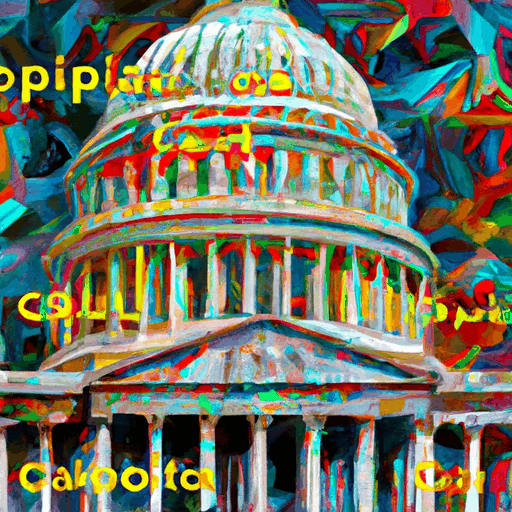
US Senate Advances GENIUS Act for Stablecoin Regulation
By: Eva Baxter
The United States Senate has taken a significant step towards establishing a regulatory framework for stablecoins by approving the Guiding and Establishing National Innovation for US Stablecoins (GENIUS) Act. This landmark legislation was passed with a 51-23 vote, following a prior cloture decision that paved the way for this development. The bill is now headed to the House of Representatives, where further scrutiny and potential amendments may await.
The GENIUS Act is seen as a major legislative milestone for the crypto industry in the U.S. It was introduced by Senator Bill Hagerty, who described the Senate vote as a victory for the United States. He emphasized that the act sets up the first pro-growth regulatory framework for payment stablecoins, thereby solidifying the US-dollar's dominance, safeguarding consumers, and promoting innovation in digital assets within the U.S. rather than allowing adversaries to take the lead.
The act mandates that every payment stablecoin must be backed by reserves equal to their circulation, restricted to short-term US Treasuries or insured deposits. Issuers are prohibited from offering yield and must conform to strict regulatory requirements, including maintaining separate reserve accounts and adhering to compliance protocols under the Bank Secrecy Act. The act specifies that issuers with liabilities exceeding $10 billion will require a federal charter, whereas smaller issuers can function under state laws that meet federal standards.
Moreover, the GENIUS Act prescribes more oversight from federal bodies. The Treasury Department will issue quarterly audit templates, and the Commodity Futures Trading Commission (CFTC) is to be given certain enforcement prerogatives. Treasury Secretary Scott Bessent argues that such a reserve requirement can drive private demand towards Treasury bills, reduce borrowing costs, and extend the reach of dollar-denominated digital assets globally.
Despite its passage in the Senate, the GENIUS Act may face further challenges in the House, particularly regarding calls for amendments addressing potential conflicts of interest in financial affiliations. The STABLE Act, its companion proposal, could also influence how this legislation is shaped. This approval is celebrated as a significant step that brings the United States closer to emerging as a global leader in the cryptocurrency sector.



